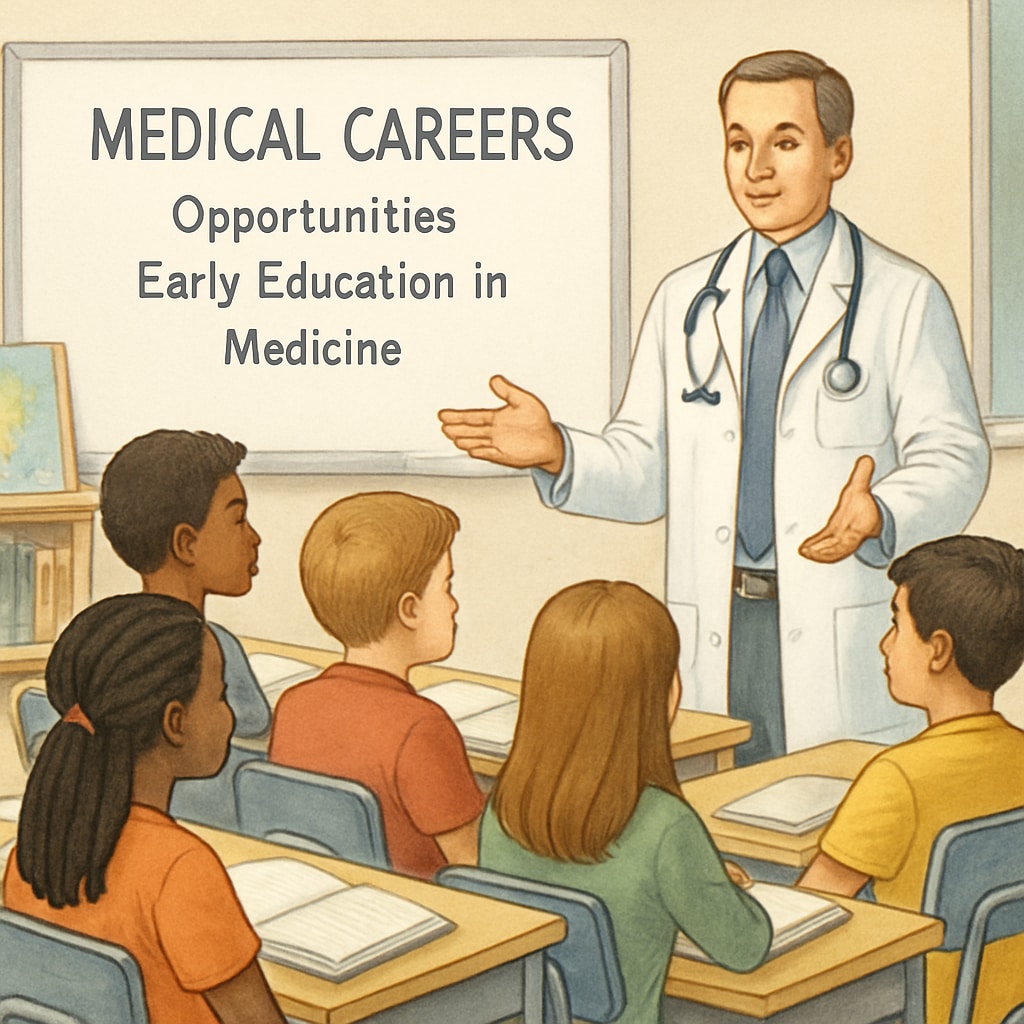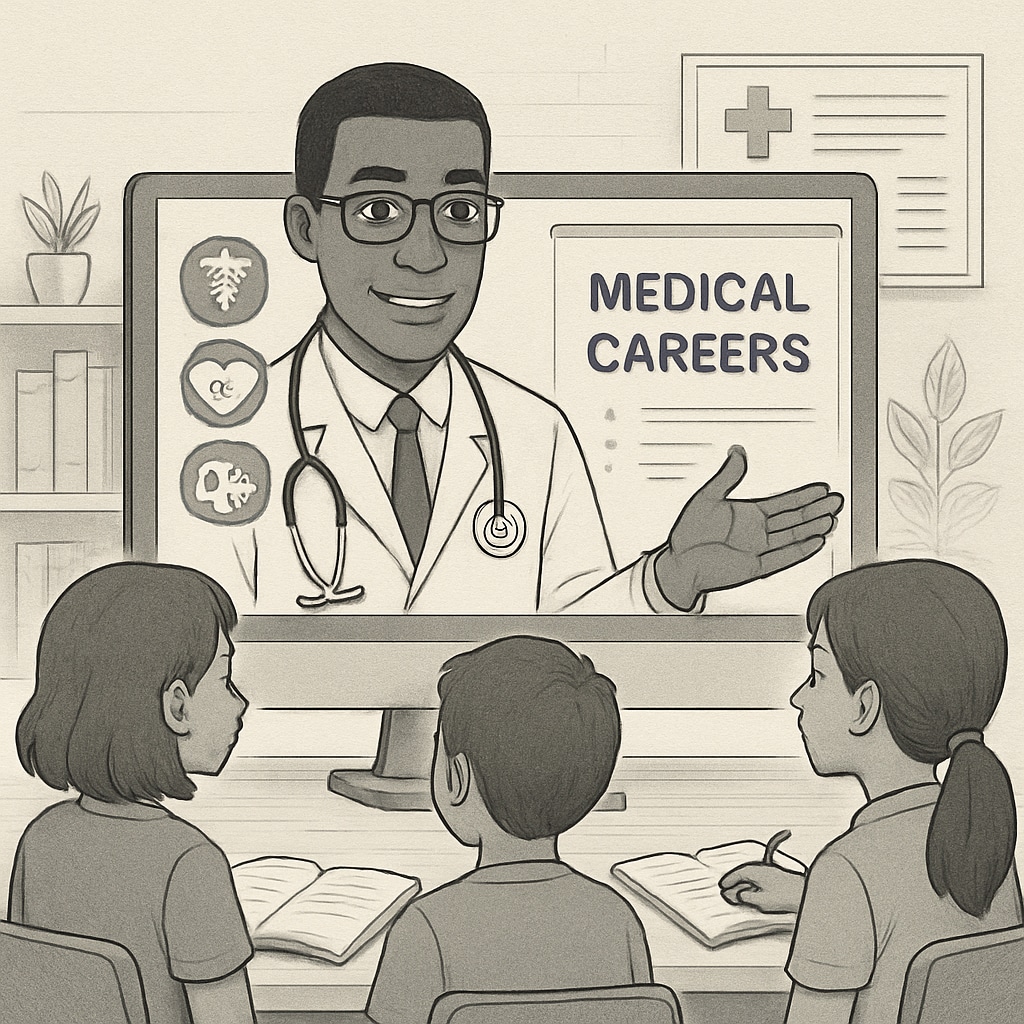Understanding medical professions through tools like physician interviews, career surveys, and structured guidance is essential for K12 students aspiring to pursue medicine. Early career exploration not only helps students gain clarity about their interests but also equips them with the knowledge needed to make informed decisions regarding their future educational paths. In this article, we delve into the importance of medical career exploration for K12 students and provide practical strategies for organizing impactful physician interviews.

Why Early Medical Career Exploration Matters
Medical education is a challenging field, requiring years of dedication and training. For K12 students, understanding the complexities and opportunities within medical professions early can provide a foundation for success. Career exploration through tools such as surveys and interviews allows students to:
- Identify their interests in specific medical roles (e.g., surgeon, pediatrician, or researcher).
- Understand the educational pathways and skills required for medical careers.
- Gain insight into the daily responsibilities and challenges faced by healthcare professionals.
For example, a study from Britannica on medical education highlights that early exposure to career options helps students prepare for rigorous academic demands, such as advanced biology and chemistry courses.
Practical Strategies for Organizing Physician Interviews
Physician interviews are an excellent way for K12 students to gain firsthand knowledge about medical careers. Below are actionable steps to ensure these interviews are productive and engaging:
- Set clear objectives: Define what students should learn, such as career paths, daily routines, or challenges in medicine.
- Prepare students: Encourage students to research the physician’s specialty and prepare thoughtful questions in advance.
- Facilitate group discussions: Post-interview reflections help students share their insights and clarify any doubts.
- Leverage virtual platforms: If in-person interviews are not feasible, virtual meetings can be equally effective.
Additionally, various organizations, such as the American Medical Association, offer resources for students interested in exploring medical careers. These tools can complement physician interviews and surveys.

Integrating Career Surveys into K12 Education
Career surveys provide another valuable method for helping students explore their interests within the medical field. These surveys can include questions about preferred work environments, problem-solving approaches, and interest in patient interaction. By analyzing survey results, educators and parents can guide students toward relevant medical specialties.
Key benefits of career surveys include:
- Helping students match personal strengths with medical career options.
- Encouraging self-reflection about long-term goals and aspirations.
- Providing early exposure to various healthcare roles, including non-clinical positions such as medical research or healthcare administration.
Implementing surveys alongside physician interviews creates a comprehensive approach to career exploration, ultimately fostering curiosity and informed decision-making among K12 students.
Conclusion: Inspiring Future Medical Professionals
Introducing K12 students to the world of medical professions through physician interviews and career surveys is an invaluable tool for their future. By understanding the pathways and challenges of medical careers early, students can set realistic goals and develop the skills necessary for success. Whether through face-to-face discussions with healthcare professionals or guided surveys, these resources provide a foundation for informed career choices and inspire the next generation of medical leaders.
Readability guidance: This article uses concise paragraphs, bullet points, and actionable strategies to ensure clarity. Transition words such as “for example,” “in addition,” and “as a result” enhance the flow of information, while the emphasis on active voice ensures an engaging tone.


